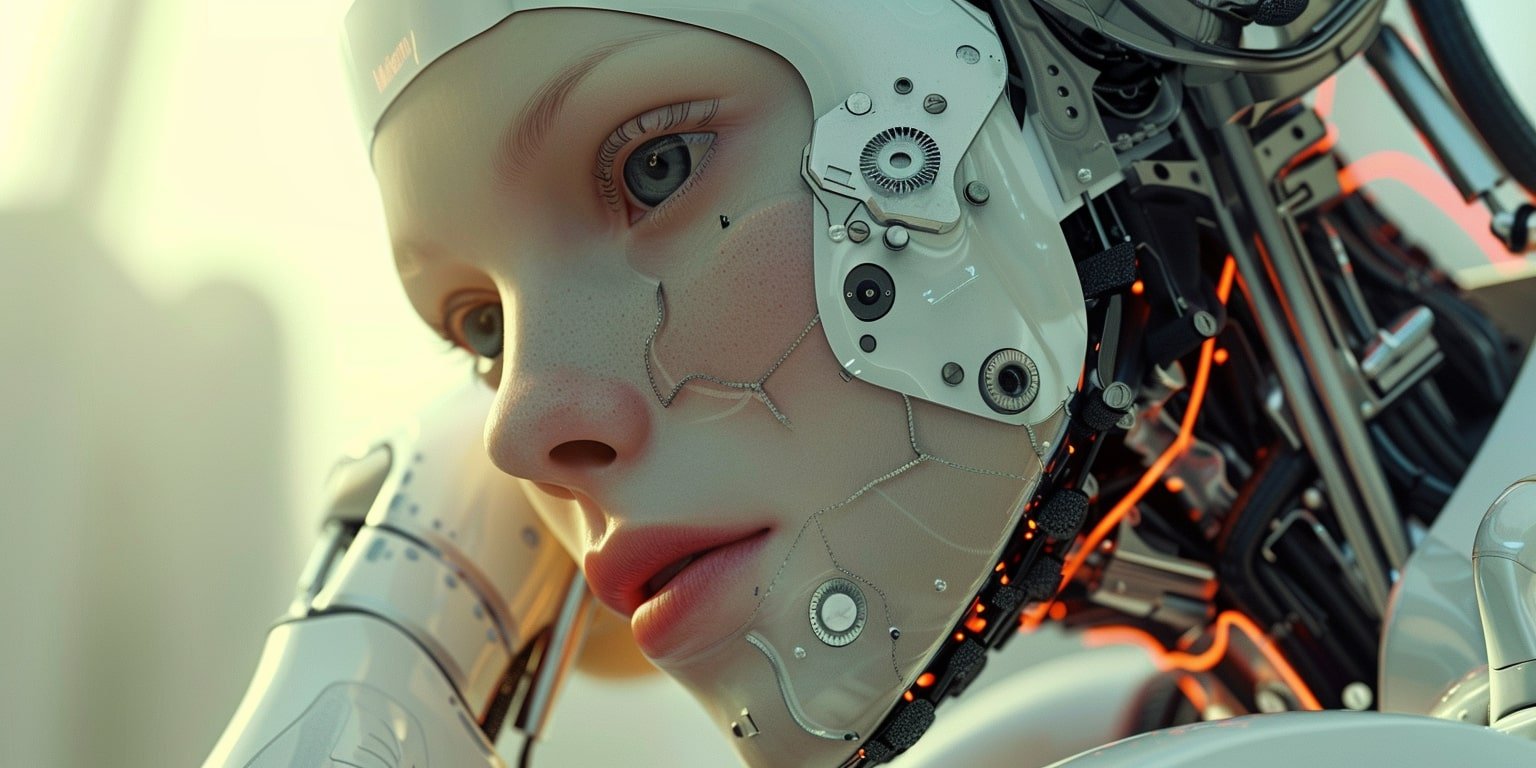What is Artificial Intelligence?
Artificial Intelligence (AI) is a branch of computer science that aims to create machines or software capable of intelligent behavior. This involves the development of algorithms, models, and systems that enable computers to perform tasks that would typically require human intelligence. These tasks include learning, reasoning, problem-solving, perception, understanding natural language, and the ability to move and manipulate objects.
There are several types of AI, ranging from narrow or weak AI, which is designed to perform a narrow task (like facial recognition or internet searches), to strong or general AI, which would outperform humans at nearly every cognitive task. AI technologies include machine learning, where computers are trained to learn from data and improve their performance over time, deep learning, a subset of machine learning that uses neural networks with many layers, and natural language processing, which enables computers to understand and generate human language.
The goal of AI research is not only to create systems that can understand, learn, and react but also to use these capabilities to augment human activities, improve efficiencies, solve complex problems, and enhance our understanding of the universe.
What is Weak AI?
Weak AI, also known as narrow AI, refers to artificial intelligence systems that are designed and trained to perform a specific task or set of tasks. Unlike strong AI, which aims for a comprehensive understanding and cognitive abilities that are generalizable across a wide range of tasks (akin to human intelligence), weak AI focuses on a narrow domain or problem area.
Examples of weak AI are prevalent in our daily lives and include:
Virtual assistants, such as Siri and Alexa, can perform tasks like setting reminders, playing music, or answering specific questions based on predefined algorithms and data.
Recommendation systems are used by streaming services (like Netflix or Spotify) and online shopping platforms (like Amazon) to suggest movies, music, or products based on user history and preferences.
Facial recognition systems are used in security and consumer devices to identify or verify individuals from photos or video.
Language translation services that can convert text or speech from one language to another.
The primary characteristic of weak AI is its focus on a narrow set of abilities, making it highly efficient and effective within its specific domain. However, it lacks the broader understanding and adaptability of human intelligence. Weak AI systems do not possess consciousness, self-awareness, or genuine understanding; they operate based on algorithms and data patterns.
What is Strong/General AI (also AGI - Artificial General Intelligence)?
Strong AI, also known as General AI or Artificial General Intelligence (AGI), refers to a type of artificial intelligence that is capable of understanding, learning, and applying its intelligence across a wide range of tasks, much like a human being. Unlike weak or narrow AI, which is designed to perform specific tasks, strong AI has the ability to understand context, make judgments, solve problems, plan, learn, and integrate experiences in a way that is not limited to a single domain.
Key characteristics of strong AI include:
Generalization Ability: The capacity to apply knowledge and skills learned in one context to solve problems in entirely different contexts.
Understanding and Reasoning: Beyond just processing information, strong AI would be capable of abstract thinking, reasoning, and understanding concepts and relationships in a way similar to humans.
Consciousness and Self-awareness: While this is a more speculative aspect, some definitions of strong AI suggest it would possess some form of consciousness or self-awareness, though this remains a topic of philosophical debate.
The development of strong AI is a major goal in the field of artificial intelligence, but it remains a theoretical concept at this stage. Achieving strong AI would represent a monumental leap forward, potentially enabling machines to perform complex decision-making, problem-solving, and creative thinking at or beyond human levels. However, it also raises ethical, security, and societal challenges that are the subject of ongoing debate among technologists, ethicists, and policymakers.

